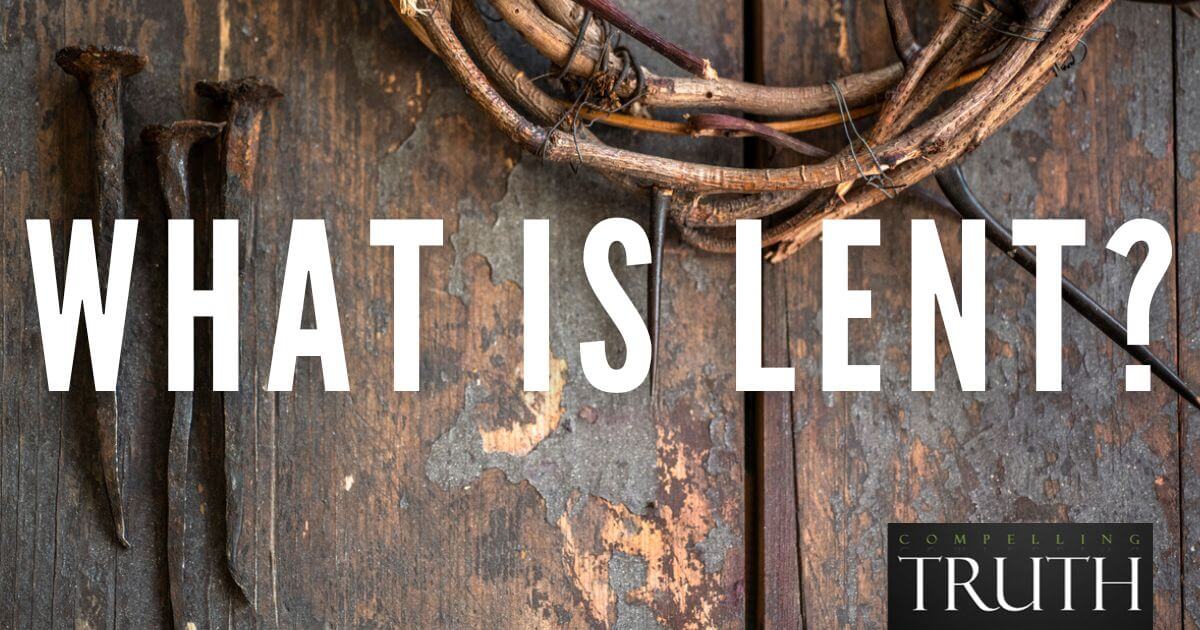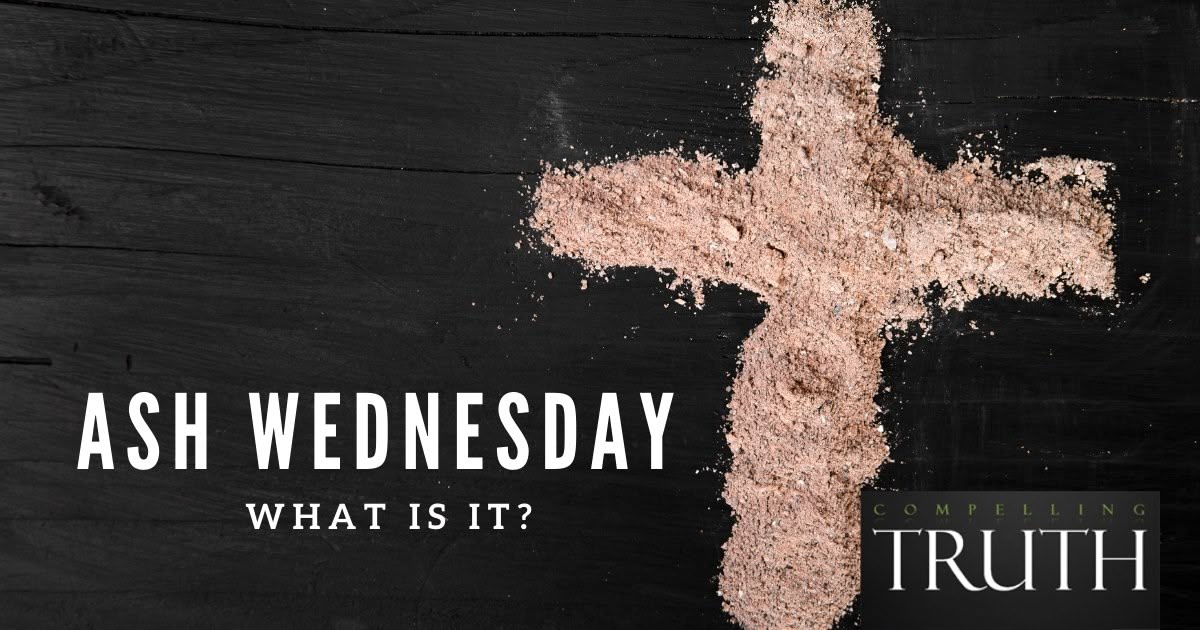In Proverbs 28:7, King Solomon says, “The one who keeps the law is a son with understanding, but a companion of gluttons shames his father.” Mardi Gras often glorifies overeating, getting drunk, or pursuing sexual exploits. However, these go against biblical standards of godliness. Take for example 1 Corinthians 6:9-11, in which Paul lists sins, including sexual immorality, and says that those who practice them will not inherit the kingdom of God. Verse 11 says that some Corinthians believers used to participate in such sins, but their identity is permanently changed. In verses 12-13 he condemns the idea that believers can do whatever we want; we must not be dominated by anything, but rather subject our appetites to the Lord. Second Corinthians 5:17 supports the idea that we are new creations in Christ, and Galatians 5:22-23 which lists “self-control” as a fruit of the Holy Spirit. As believers, we are not to conform to the world but let our minds be renewed by Christ (Romans 12:2). Instead of living like the sinful world, we should live like citizens of heaven (Philippians 3:19-21). During holidays like Mardi Gras, we can spread Jesus’ light to the world around us (Matthew 5:14-16).
Fat Tuesday is the colloquial name for Shrove Tuesday, the day before the beginning of Lent. In French, it is Mardi Gras. The holiday is most common in predominantly Catholic areas. The original purpose of Shrove Tuesday was to prepare spiritually for the advent of Lent. Lent is a period of forty-six days of fasting and contemplation before the arrival of Easter. The transition of the spiritual Shrove Tuesday to the more celebratory Fat Tuesday grew out of the fast from rich foods. While the devout prepared their hearts, cooks needed to prepare their pantries by using up all fresh meat, dairy, fat, and eggs. In fact, Fat Tuesday is known as Pancake Day in many areas. Over time, the day altered again. The clearing of pantries took on a festive atmosphere as people celebrated with a great feast before the great fast. Indulgence in food grew to indulgence in behavior, and Mardi Gras became a bacchanal celebration, nearly devoid of any spiritual purpose.
Carnival, also known as Carnaval (Spanish/Portuguese) or Carnivale (Italian), is related to Mardi Gras. It is thought to have been taken from the Latin for "meat: remove," and reflects the need to use up all fresh meat before Lent. Carnival is longer than a single day; in some cultures it begins in February, and in others, six days before Lent. In many areas, it has absorbed aspects of the Roman Saturnalia and Bacchanalia festivals, to include parades, street parties, and masquerades. In the United States, Carnival is called Mardi Gras, which explains why Mardi Gras in New Orleans lasts more than a single day. There is nothing biblical about Carnival, and very little remains of any Christian origin.
The Bible neither mentions nor demands the observance of Easter, Lent, or Shrove Tuesday. While there is nothing wrong with using up foodstuffs on Fat Tuesday in preparation for the Lenten fast, the indulgences of Mardi Gras and Carnival are unbiblical. Conclusively, parades and family dinners are fine, but drunkenness, sexual promiscuity, and debauchery are not.




